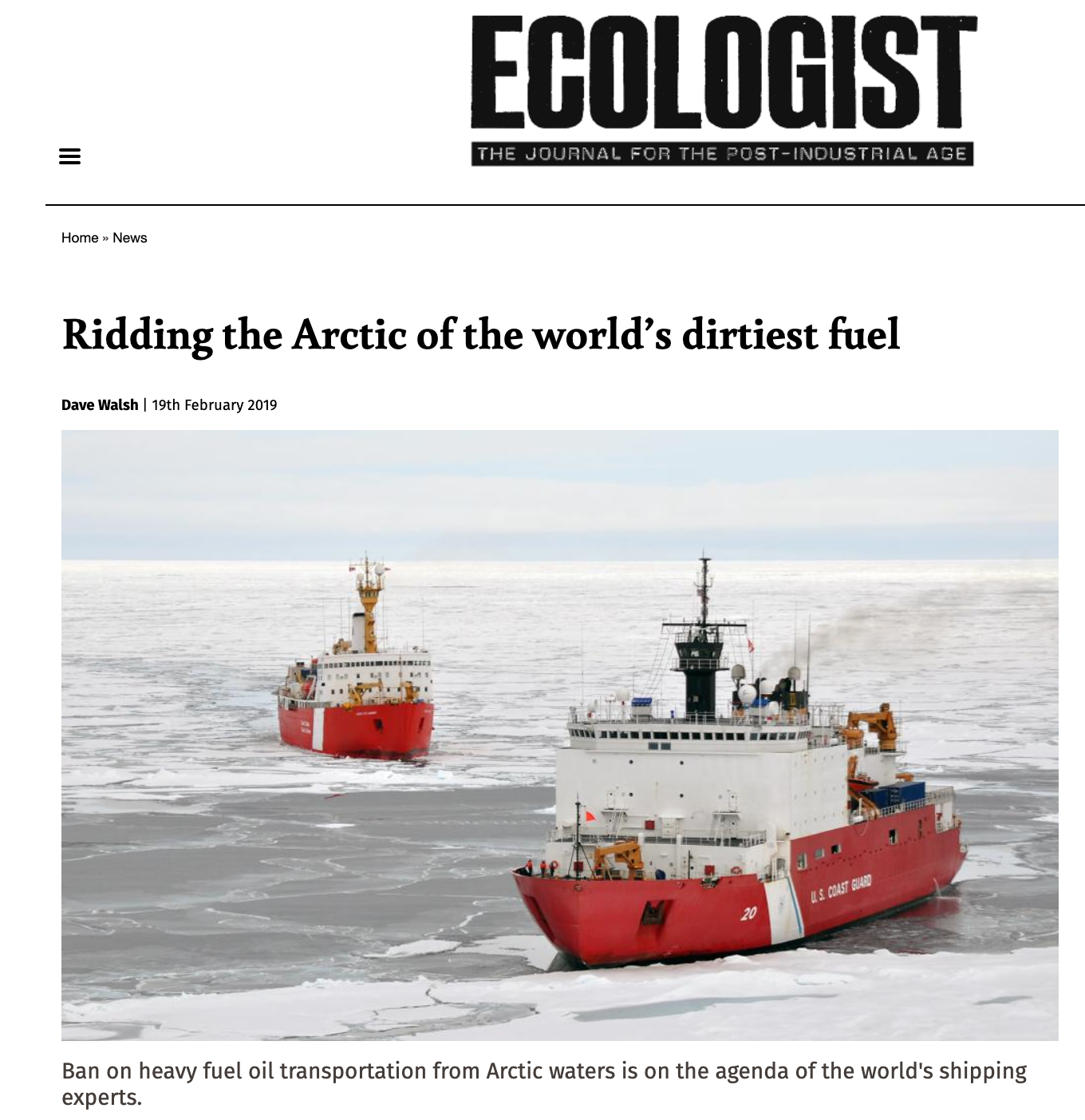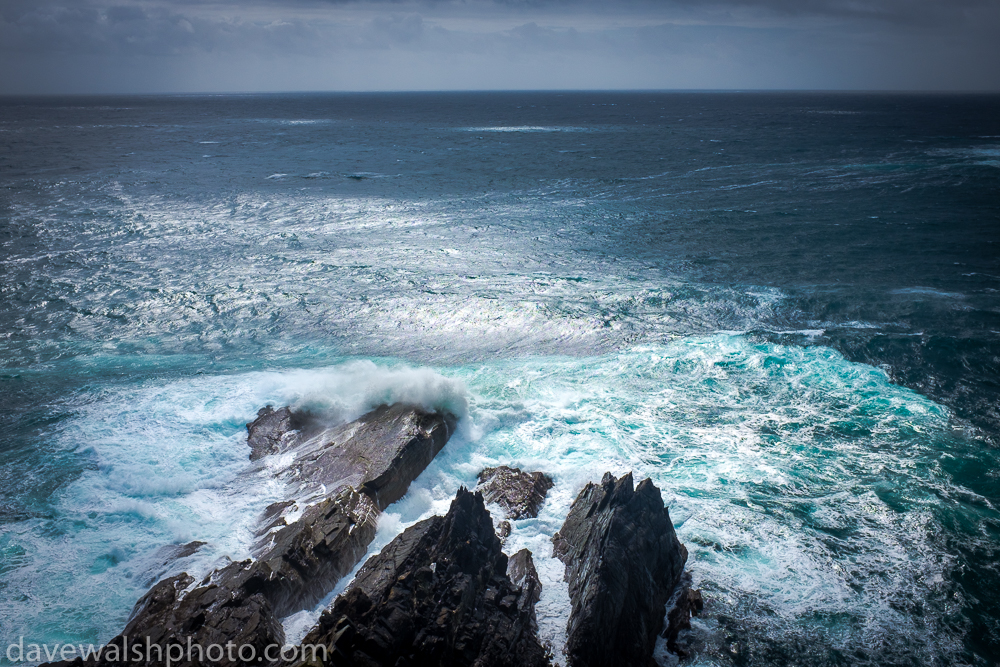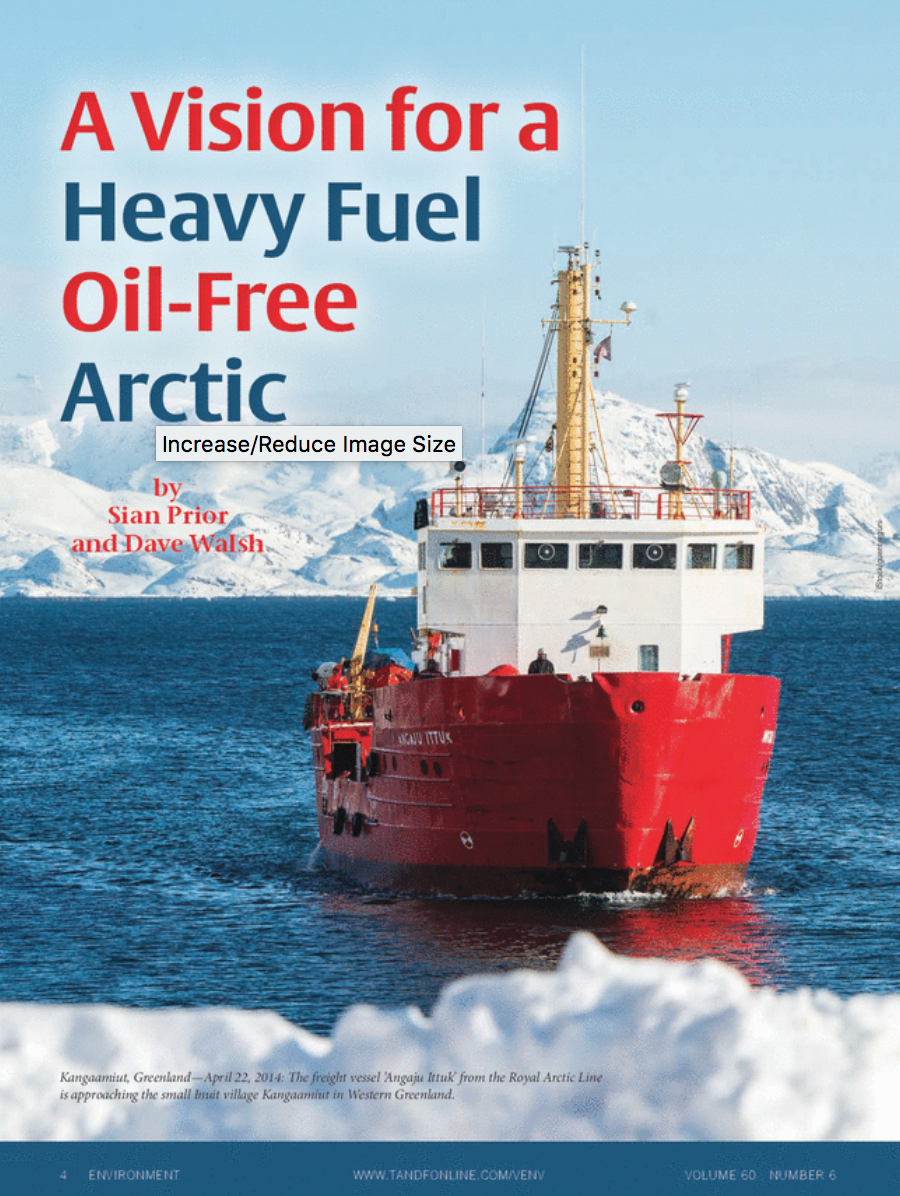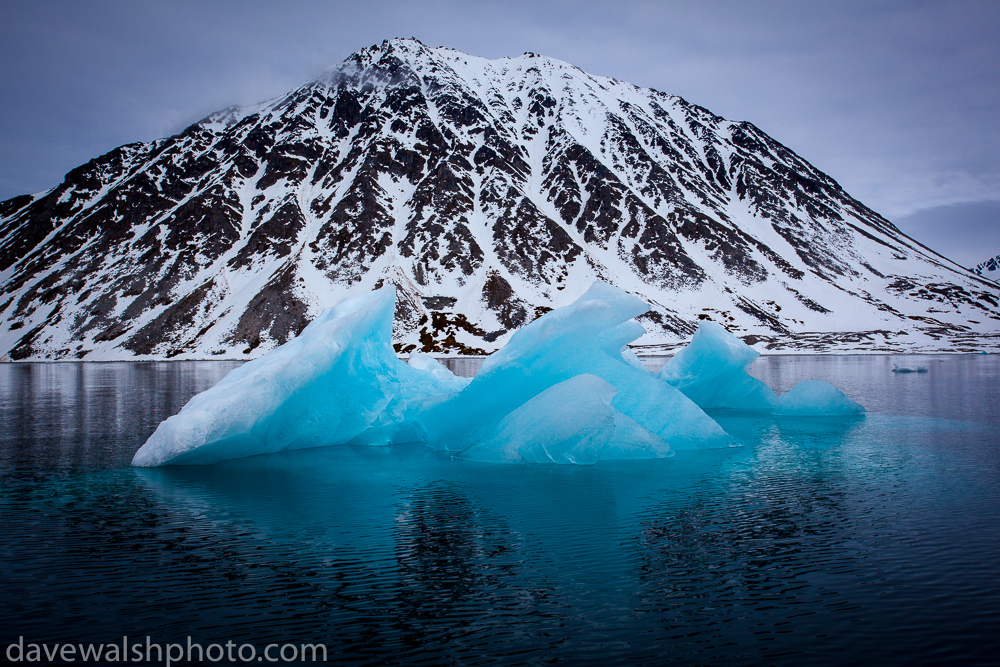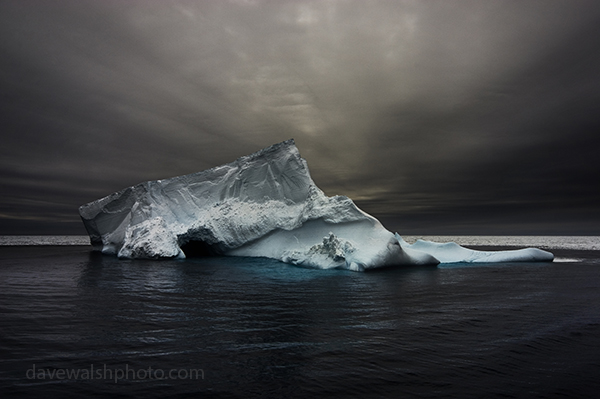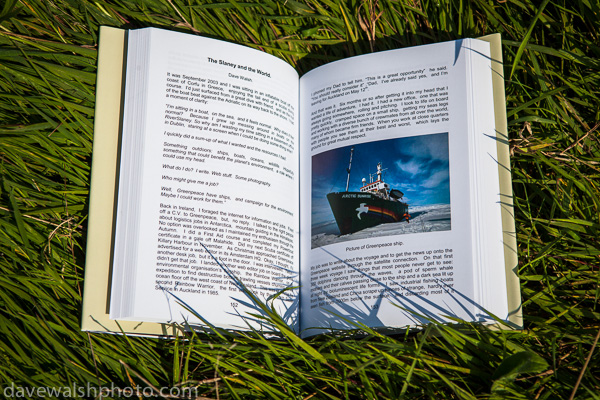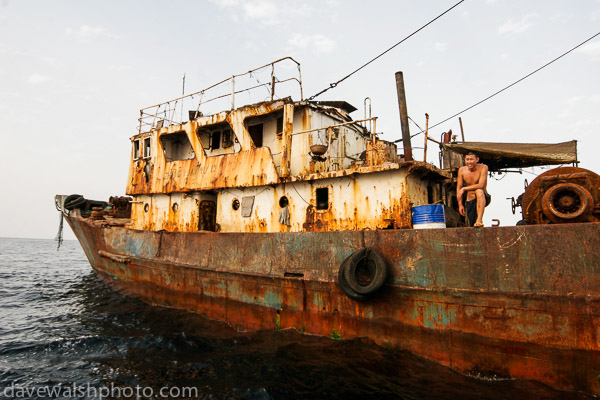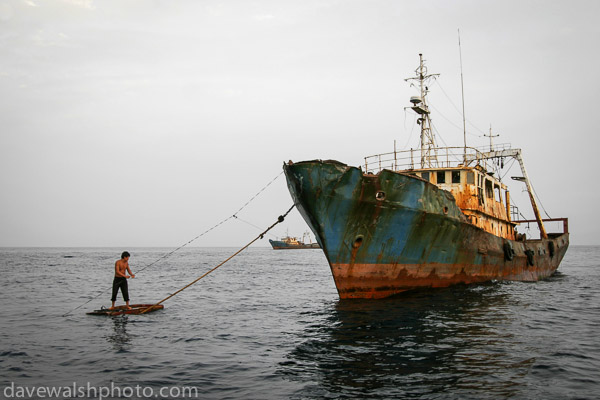The Ecologist: Ridding the Arctic of the world’s dirtiest fuel
This article appeared on The Ecologist, on behalf of the Clean Arctic Alliance
Ban on heavy fuel oil transportation from Arctic waters is on the agenda of the world’s shipping experts.
Shipping specialists from around the world are shuttering themselves in the International Maritime Organization’s central London headquarters this week to thrash out a number of issues surrounding the threat of pollution to the climate and oceans from the global shipping industry.
At this meeting, the elegantly titled “PPR6”, delegations will be tasked with designing a ban on the use and carriage of heavy fuel oil, as fuel, from Arctic waters, and the identification of measures which will reduce emissions of black carbon from the burning of fossil fuels.
Read More »The Ecologist: Ridding the Arctic of the world’s dirtiest fuel